Operating a 1000W city e-bike in urban areas demands compliance with stricter legal standards than typical e-bikes. These bikes often exceed the 750W federal power limit and are classified as motor vehicles, requiring licensing, registration, insurance, and adherence to specific riding restrictions, which vary by state and city.
How Does Motor Wattage Affect Legal Classification of 1000W E-Bikes?
A motor rated at 1000 watts surpasses the 750-watt threshold set by federal law to classify an e-bike as a bicycle. Most states and cities categorize 1000W e-bikes as mopeds or motorcycles, triggering motor vehicle regulations including registration, insurance mandates, and possible licensing requirements for operation on public roads.
What Speed Limits Impact the Use of High-Power E-Bikes in Urban Settings?
Even if electronically limited, 1000W e-bikes' inherent power often allows speeds over the legal assisted limits (20–28 mph). Many jurisdictions restrict such vehicles to roads, prohibit them from multi-use paths or bike lanes, and enforce lower speed caps for e-bike classification. Compliance with these speed limits is essential to operate legally.
Which State and Local Laws are Relevant to Riding 1000W E-Bikes?
State laws vary: while some states like Oregon or Virginia allow 1000W e-bikes, most including California, Washington, and Colorado cap legal motor power at 750W. Urban areas may impose additional regulations, with unique restrictions on where high-powered e-bikes can be ridden, including bans from sidewalks and certain trails.
When Is Licensing, Registration, and Insurance Required for 1000W E-Bikes?
1000W e-bikes classified as mopeds or motorcycles typically require a valid driver’s license, state registration, license plates, and liability insurance. Failure to meet these legal obligations may result in fines, impoundment, or criminal charges, emphasizing the importance of understanding your local DMV’s requirements.
Where Can 1000W E-Bikes Legally Be Ridden?
Generally, these high-powered e-bikes can be operated on public roads alongside motor vehicles but are restricted from bike paths, trails, and sidewalks. Urban localities enforce strict rules to minimize speed conflicts and pedestrian hazards, often limiting access to designated roadways.
Does Age and Helmet Law Differ for High-Power E-Bike Riders?
Yes, higher-powered e-bikes often entail stricter age requirements (e.g., minimum 16 years old) and mandatory helmet use, sometimes prescribing specific helmet types. Laws vary by area but universally stress increased safety due to the elevated risks at greater speeds.
How Are Enforcement and Penalties Managed for Illegal Operation?
Penalties for unauthorized riding of 1000W e-bikes include fines, vehicle confiscation, insurance nullification, and possible criminal charges in case of accidents or reckless driving. Authorities increasingly enforce these rules to curb safety risks and ensure compliance.
What Actions Should Riders Take Before Purchasing or Riding a 1000W E-Bike?
Prospective riders must:
- Thoroughly research local and state laws governing e-bike classification.
- Contact local DMV offices to verify requirements for registration and licensing.
- Confirm insurance coverage suitable for motorized vehicles.
- Plan routes compliant with local access restrictions.
This due diligence prevents legal issues and promotes safe riding.
Can Modifications to Motor Power or Speed Affect Legal Status?
Altering a 1000W e-bike to boost speed or power beyond limits is illegal and can cause immediate reclassification, warranty voidance, and increased liability exposure. Maintaining factory specifications ensures adherence to laws and protects rider rights.
Buying Tips
When considering a 1000W city e-bike, prioritize models compliant with your state's regulations or prepared to meet moped or motorcycle legal requirements. Verify licensing, registration, and insurance obligations before purchase. Choose reputable brands that provide clear technical specifications and warranty coverage. Factor in local riding restrictions on paths and sidewalks, and invest in safety gear like helmets adhering to legal standards. Staying informed about these legal considerations ensures a responsible and enjoyable ownership experience.
TST EBike Expert Views
“TST EBike advocates for responsible e-bike ownership, emphasizing the critical balance between power and legality. While 1000W motors deliver impressive performance, we urge riders to understand diverse and evolving regulations in urban areas to avoid penalties. Our systems are engineered with compliance in mind, offering options that meet safety and legal standards without sacrificing thrill. Educating riders on licensing, registration, and insurance is as vital as the bike’s core technology for sustainable urban e-mobility.”
Frequently Asked Questions
Are 1000W e-bikes legal everywhere in the US?
No, most states limit e-bike motor power to 750W; few allow 1000W but with restrictions.
Do I need a license to ride a 1000W e-bike?
Typically, yes—1000W e-bikes usually require a valid driver’s license or motorcycle endorsement.
Is insurance mandatory for 1000W e-bikes?
Yes, insurance is generally required as they are classified as motor vehicles.
Where can I legally ride a 1000W e-bike?
Mostly on public roads; they are often banned from bike lanes, trails, and sidewalks.
What happens if I ride a 1000W e-bike illegally?
You risk fines, vehicle impoundment, and potential criminal charges if involved in accidents.
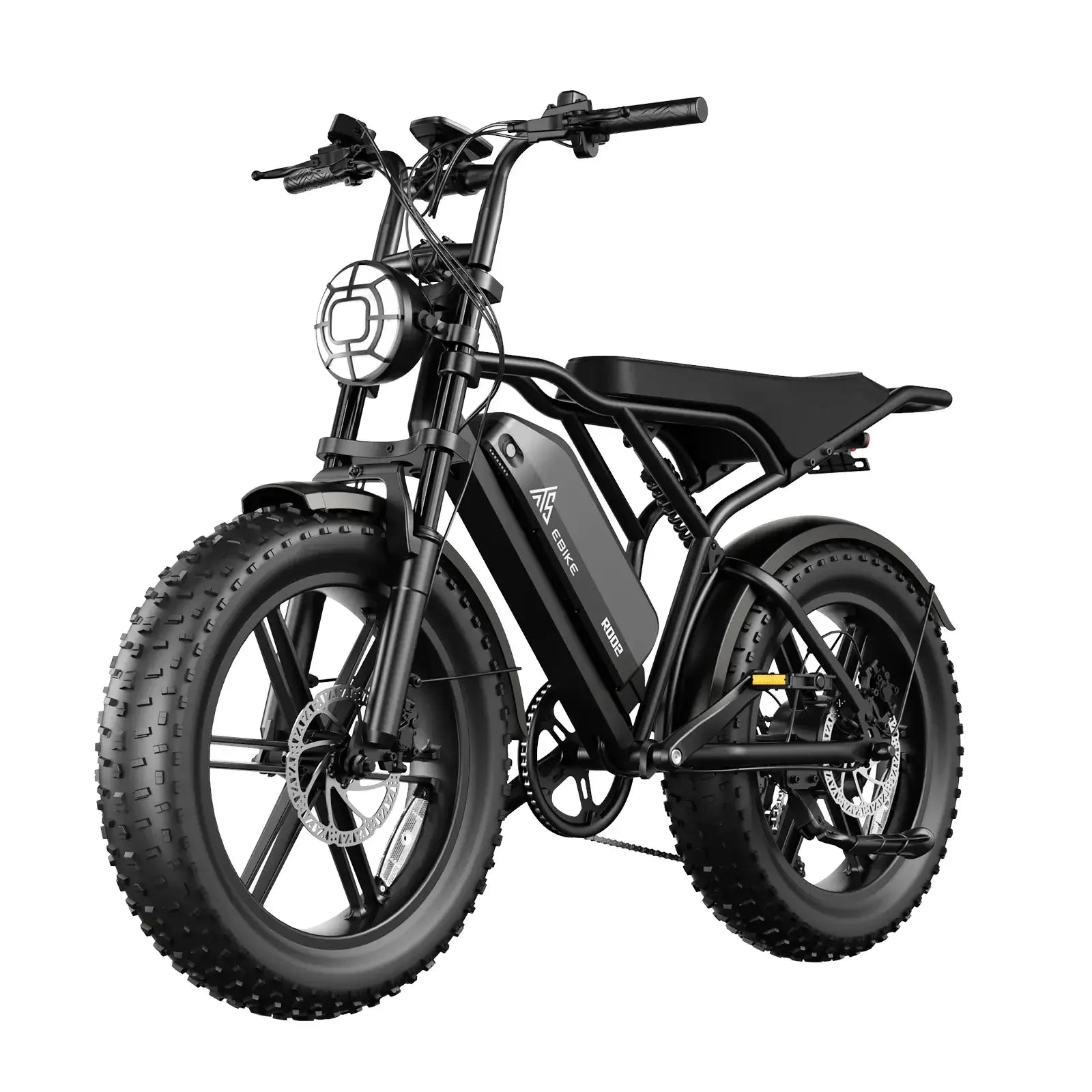
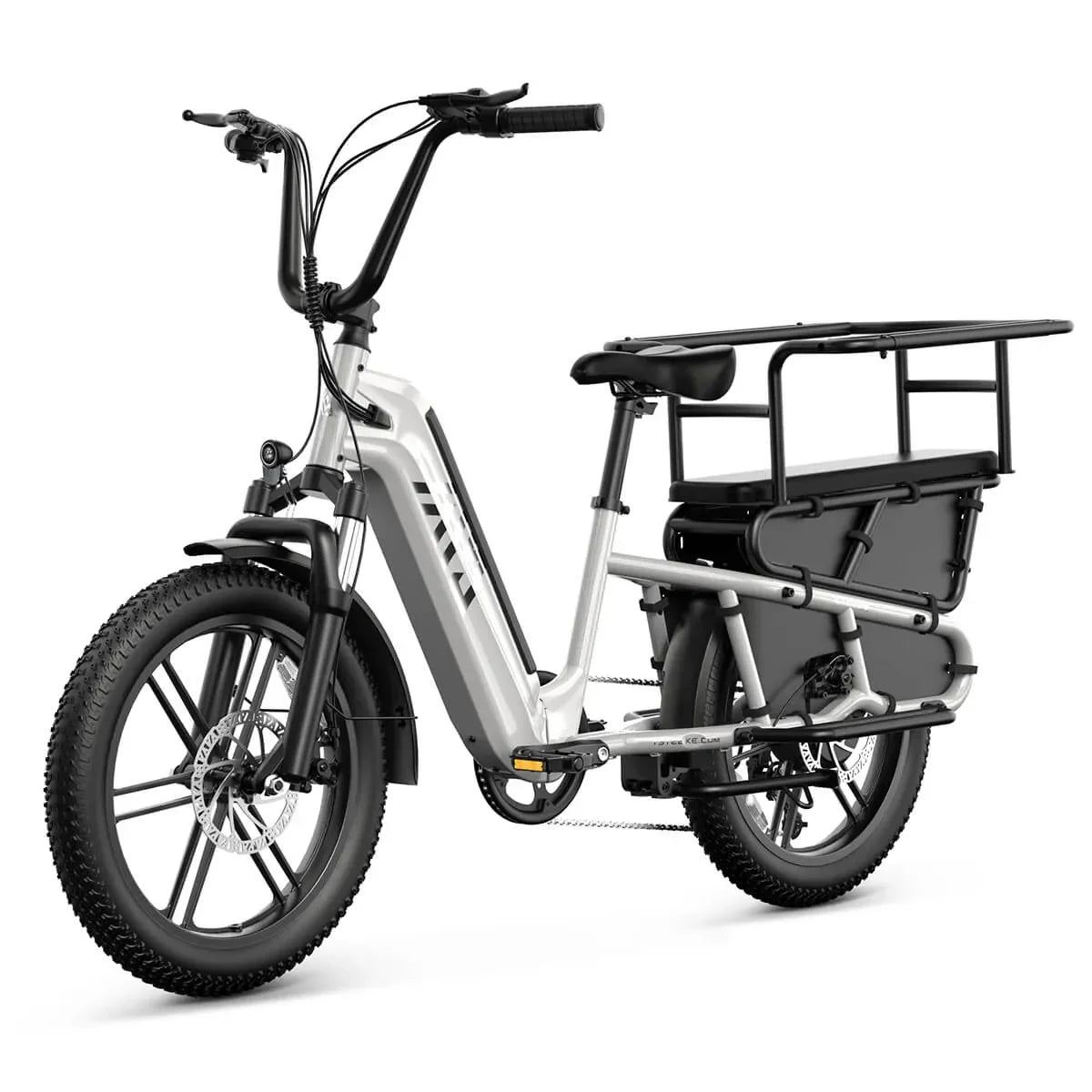
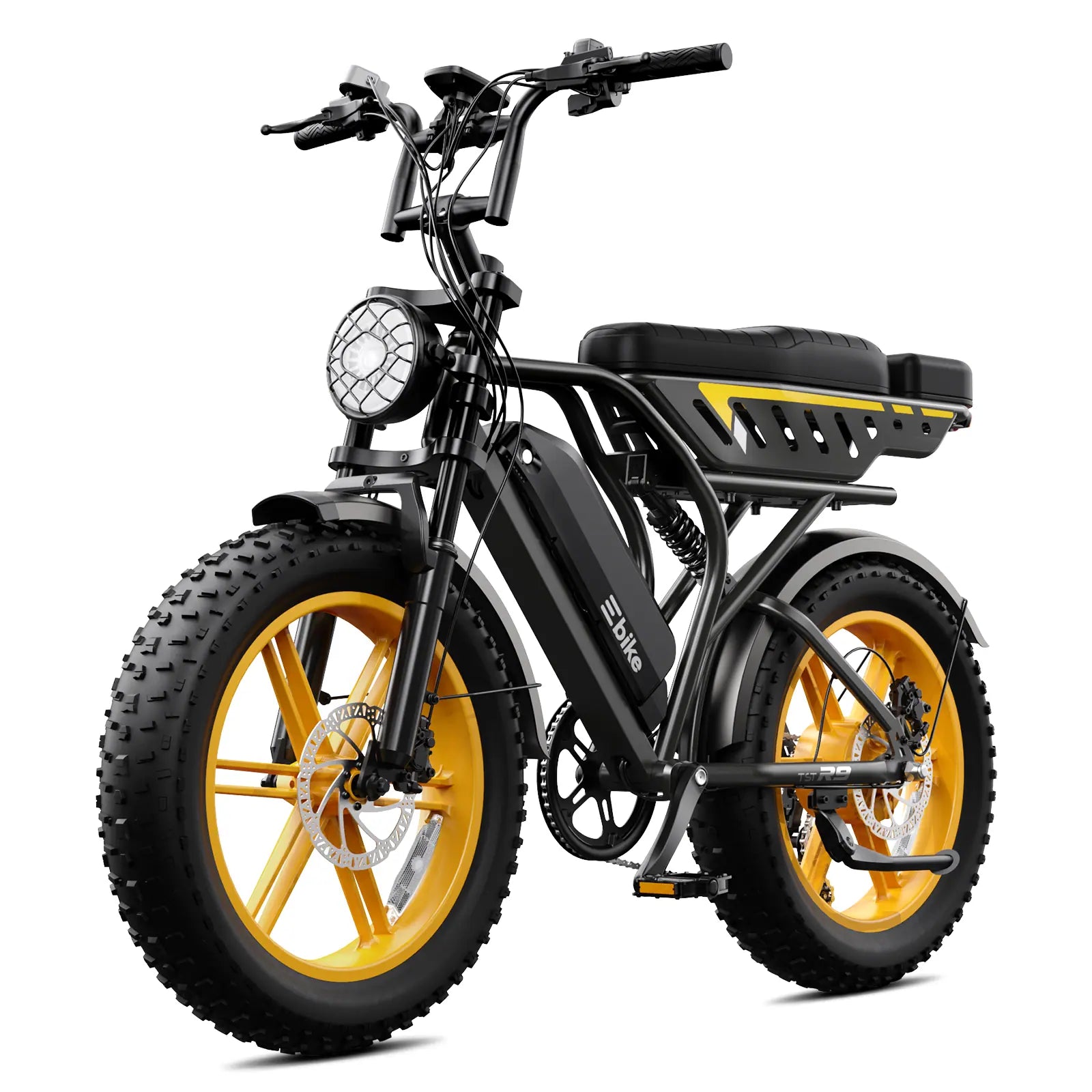
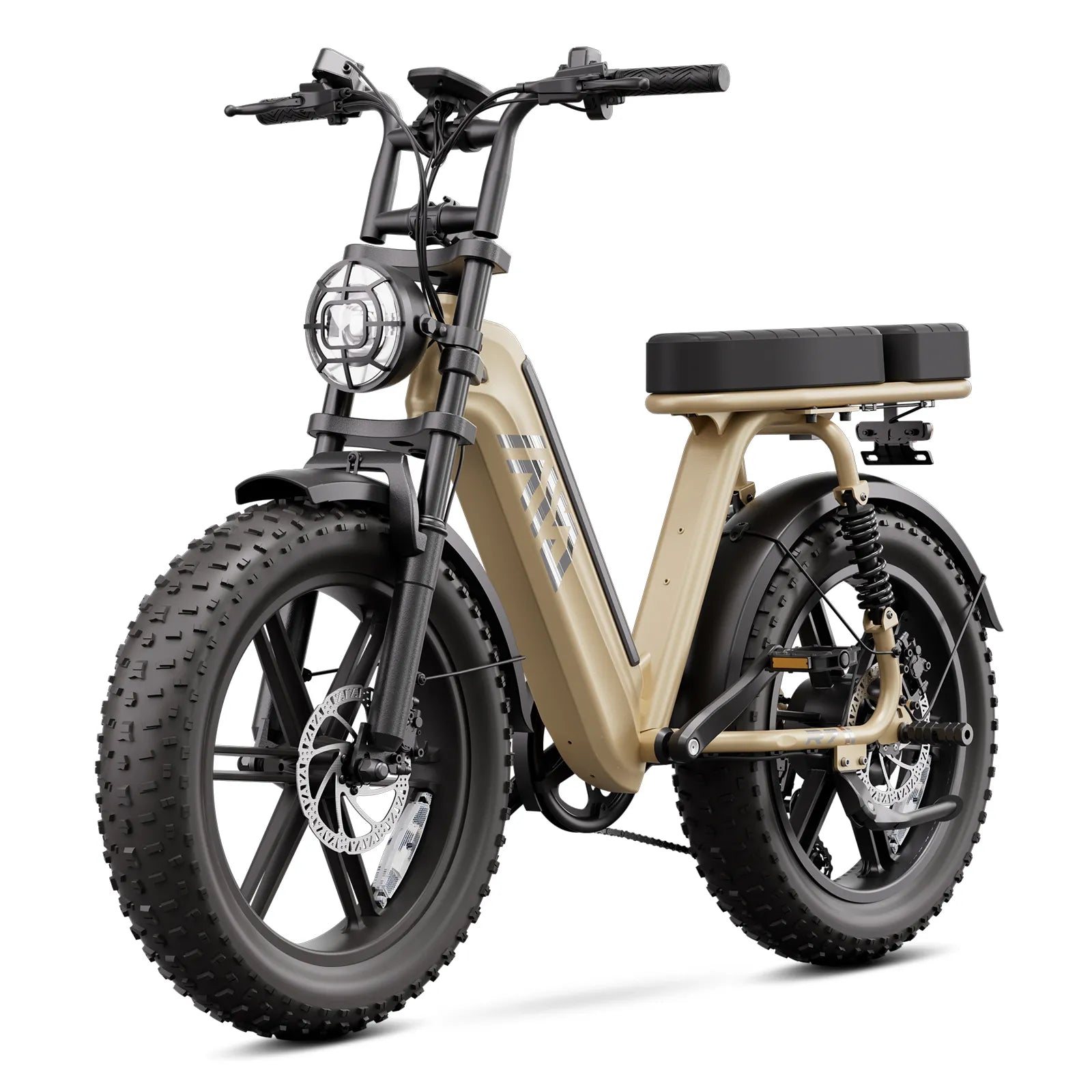
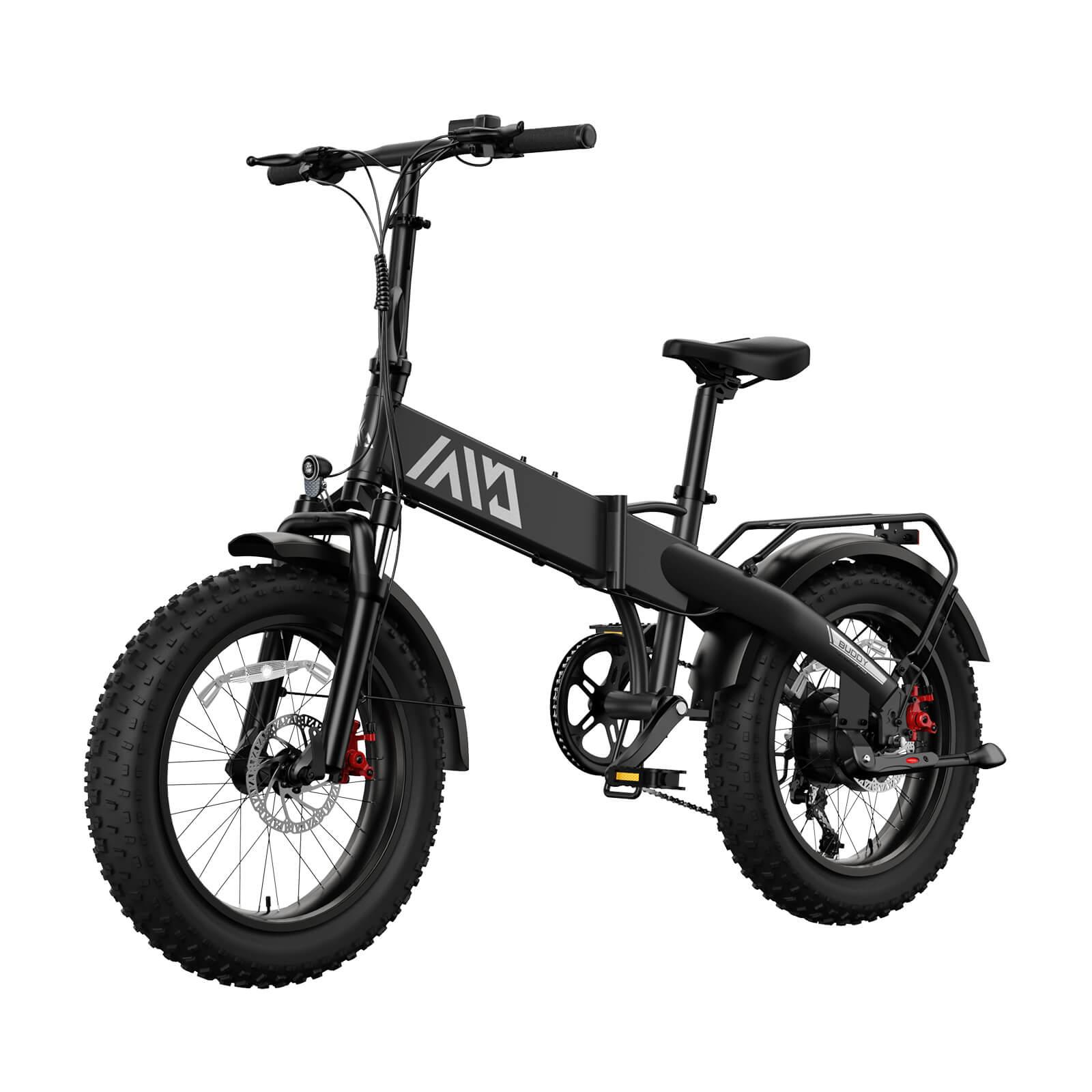

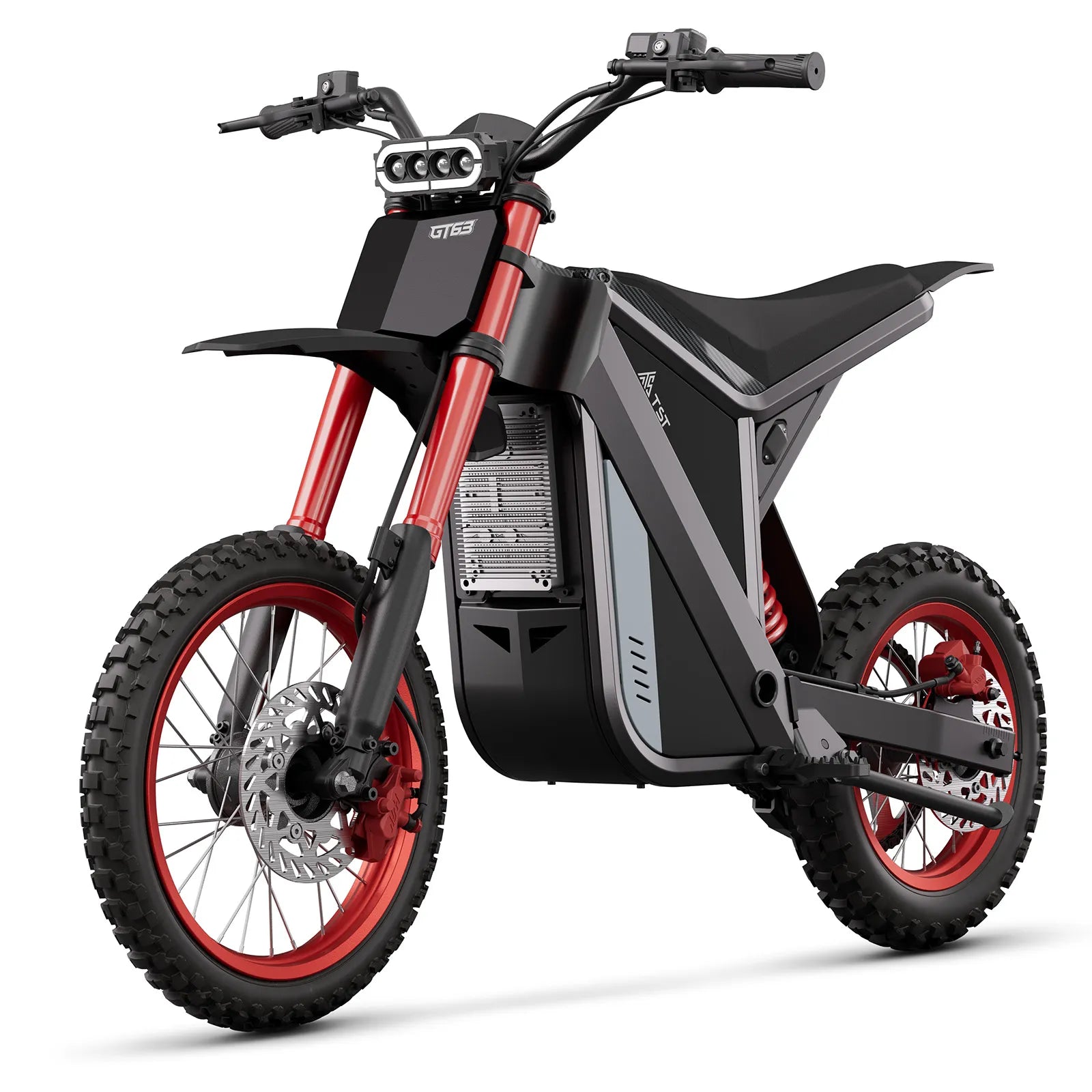
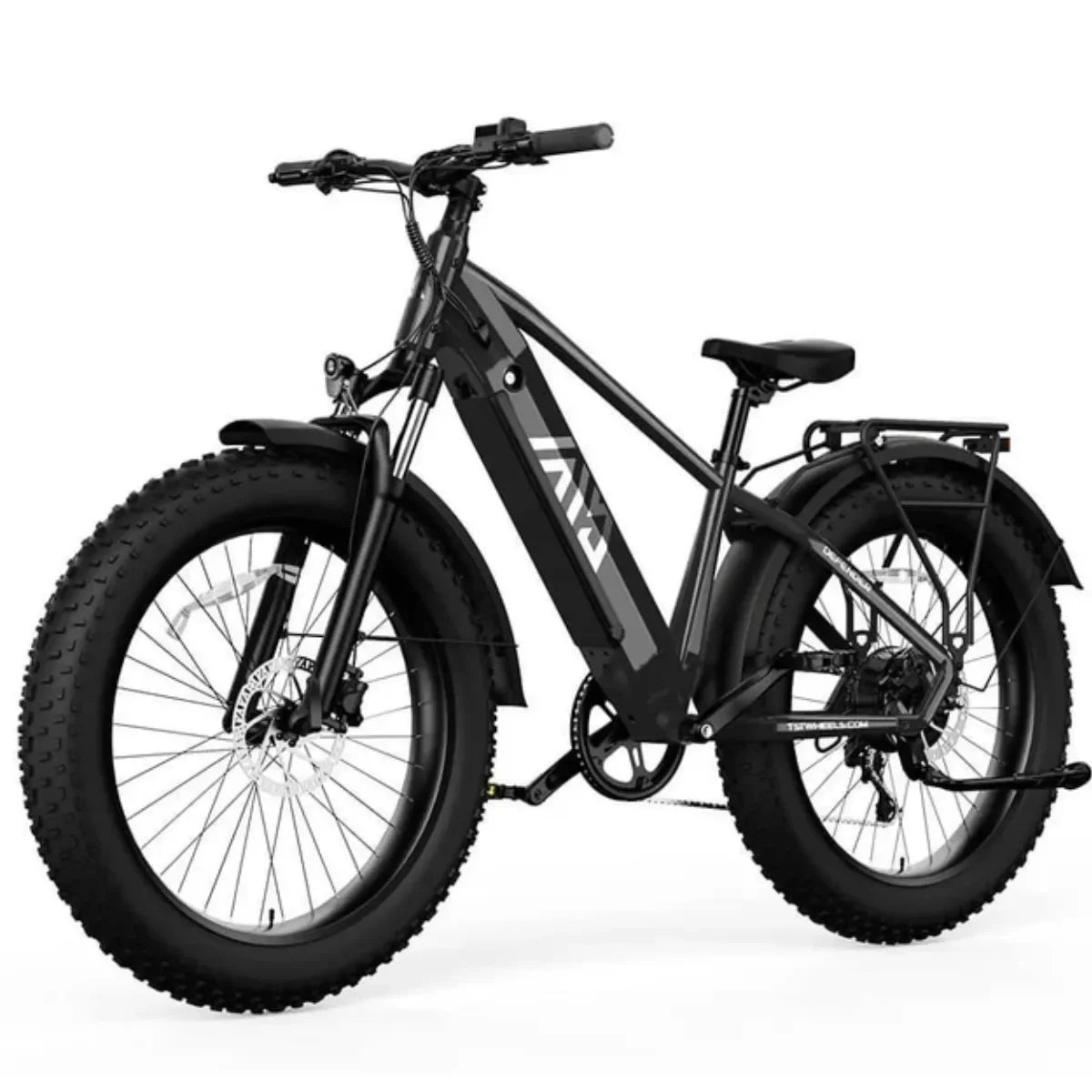
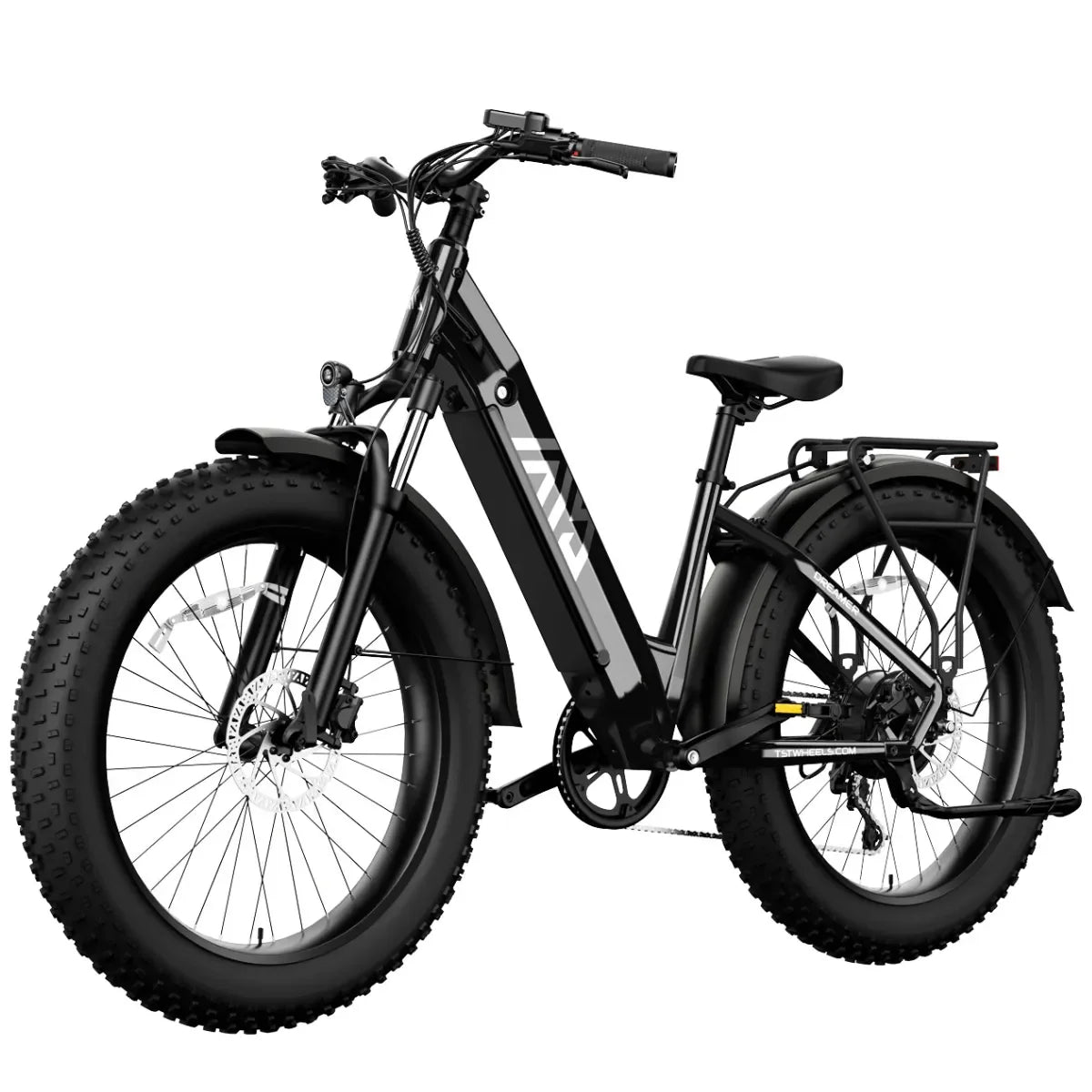
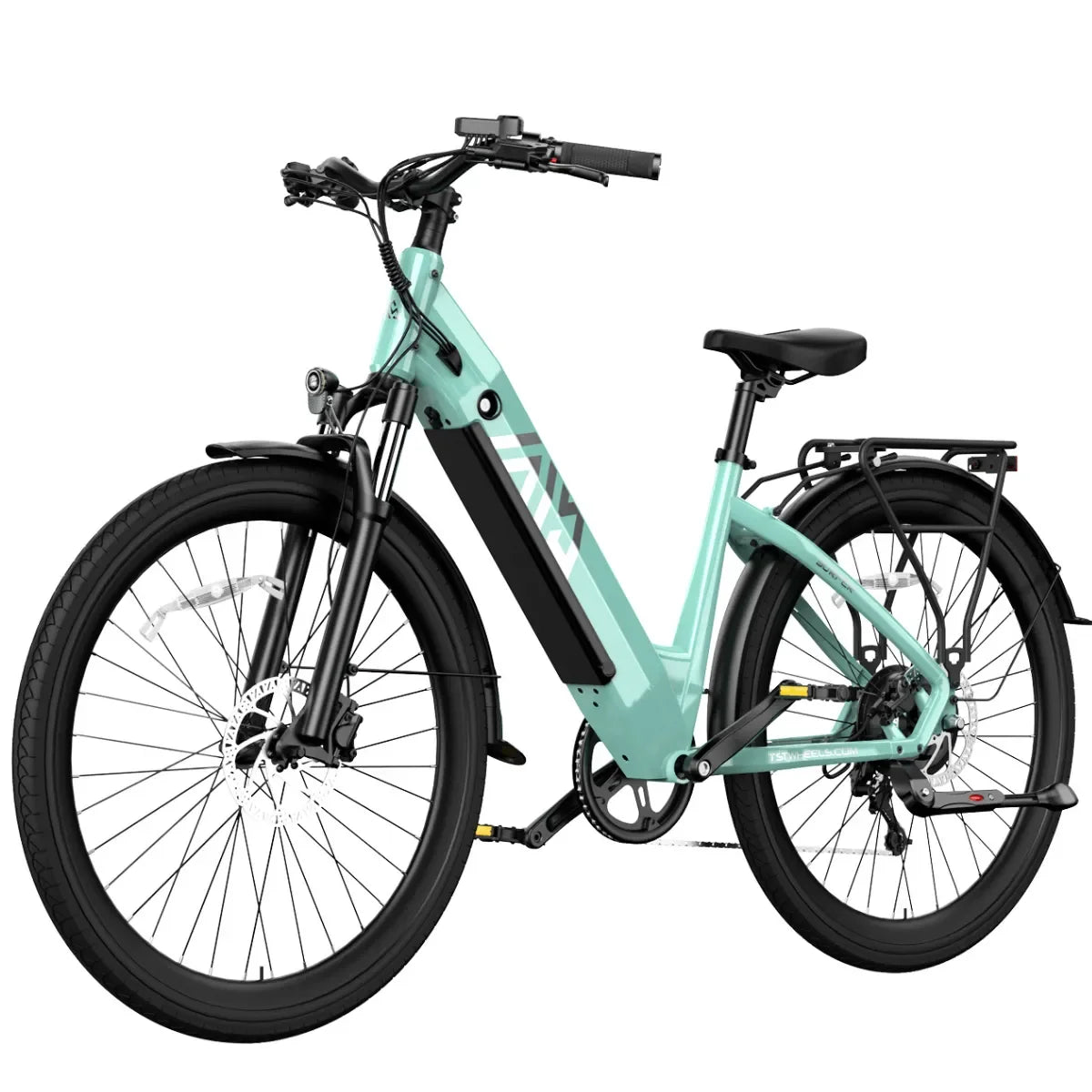
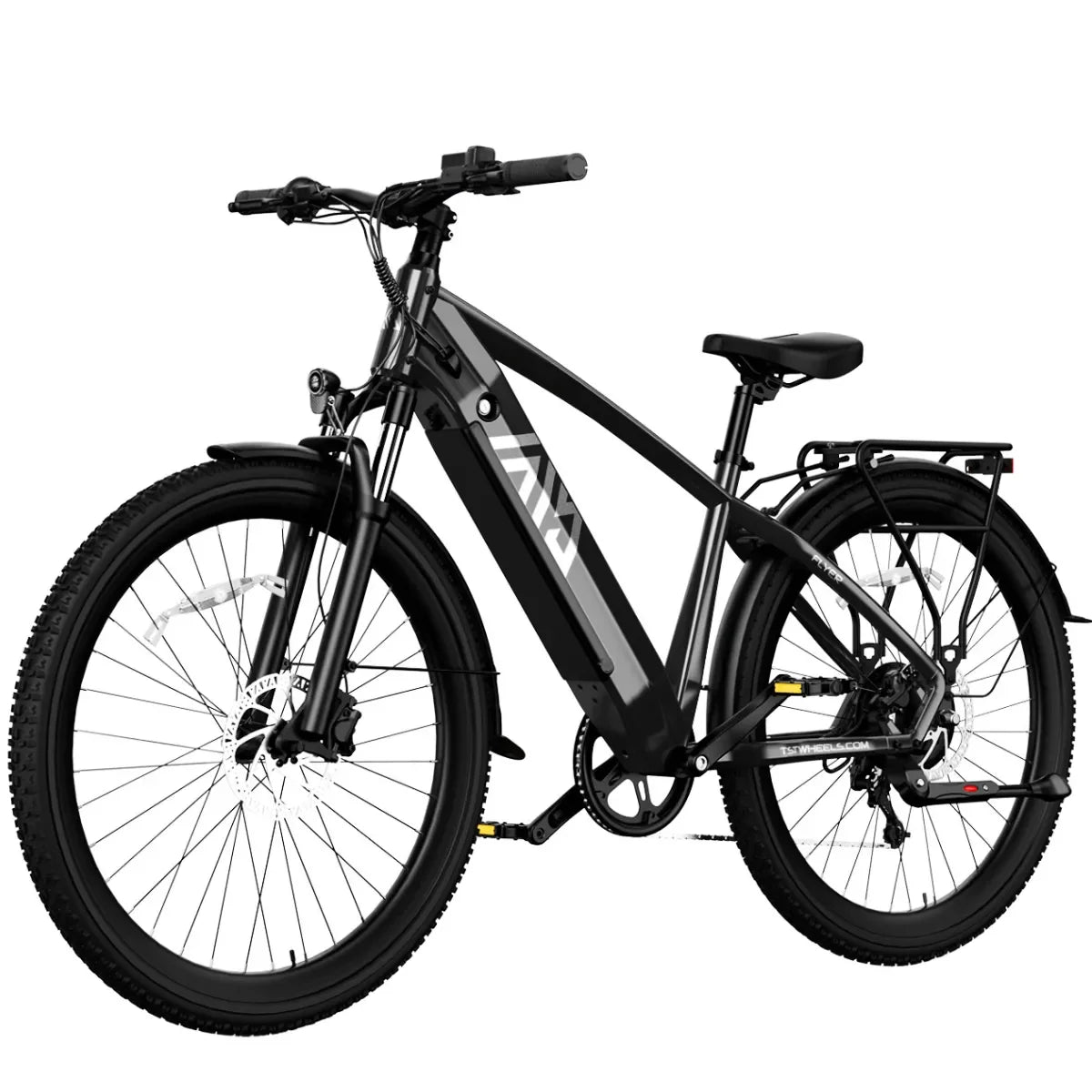
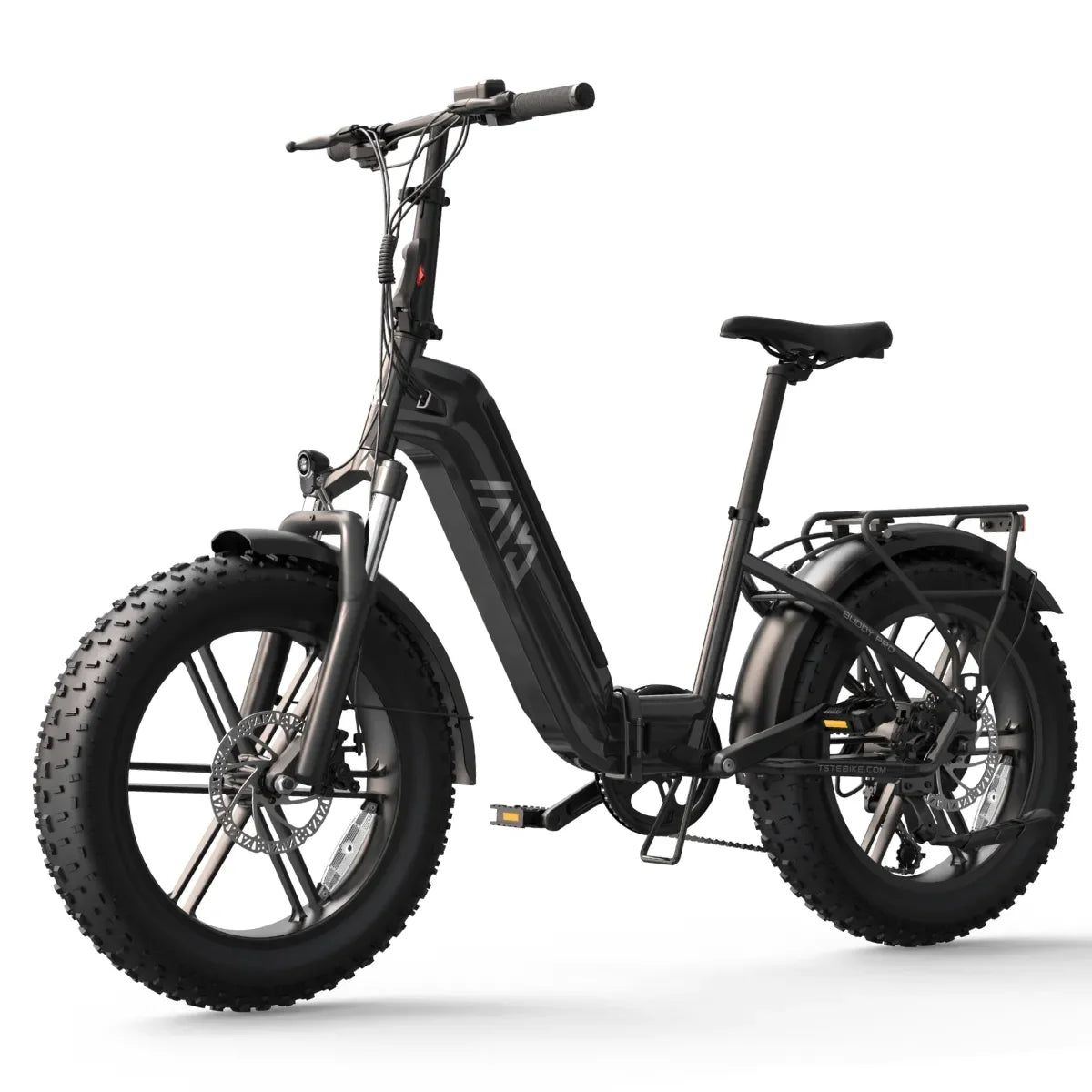
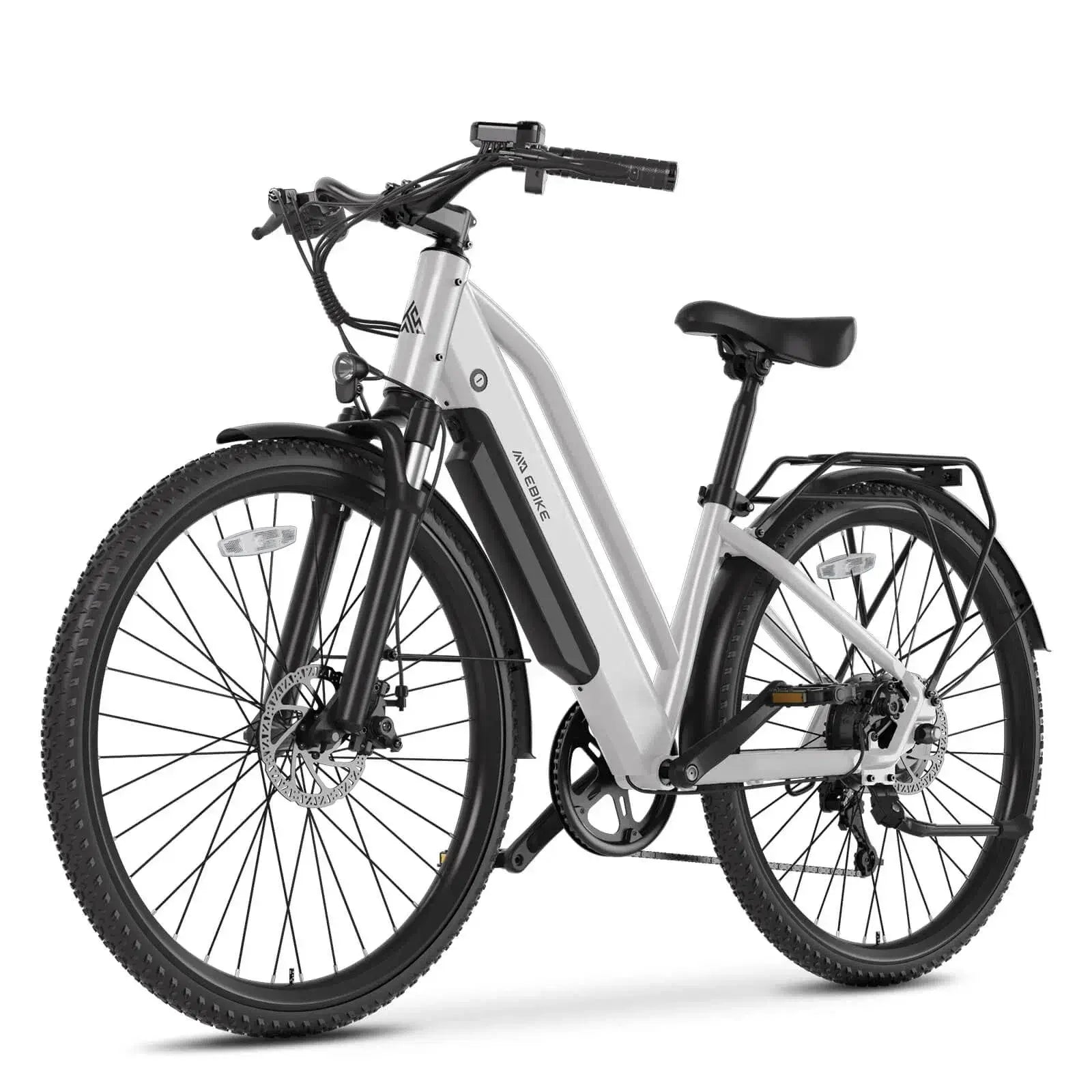
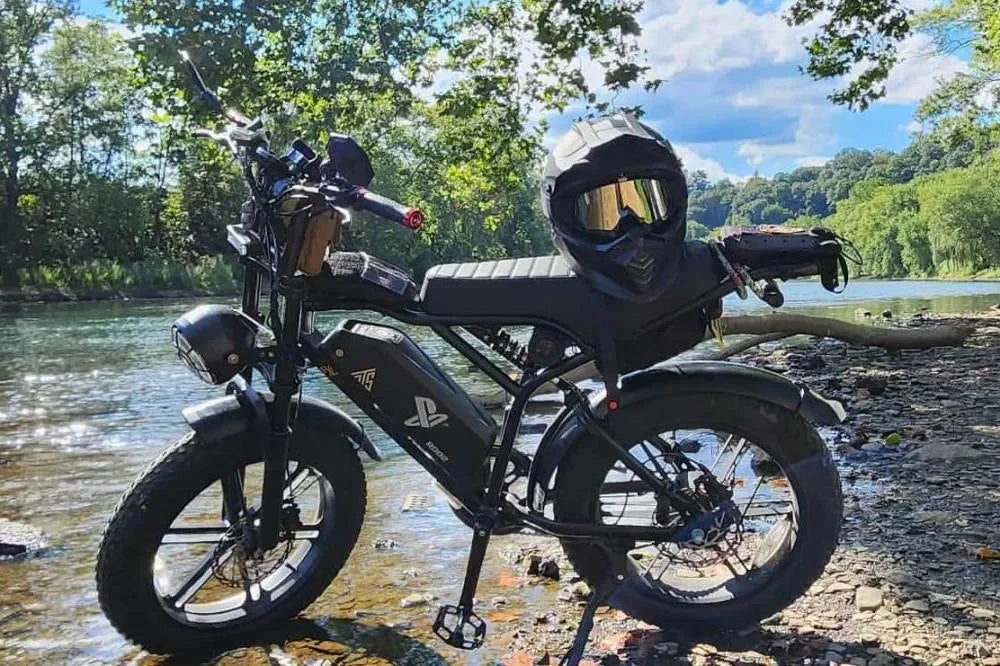
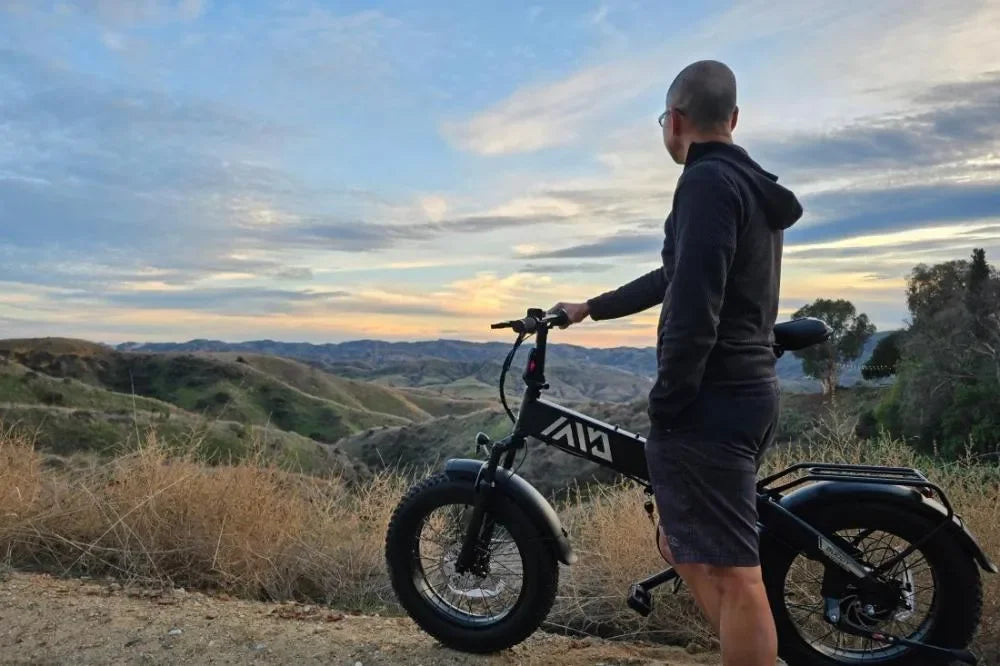
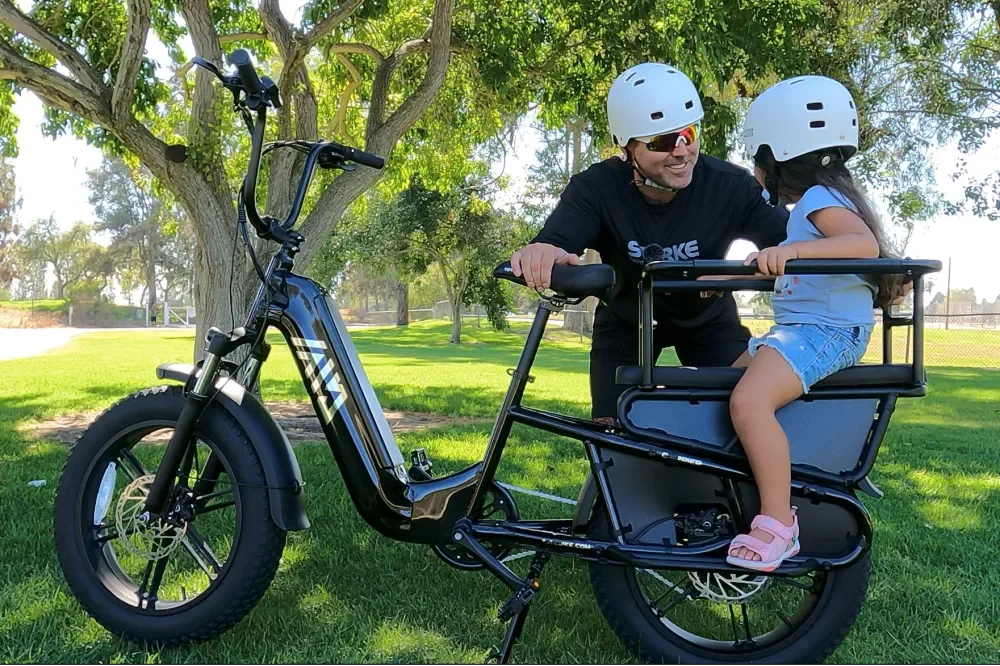
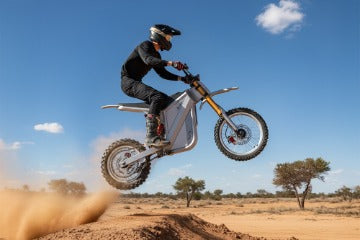
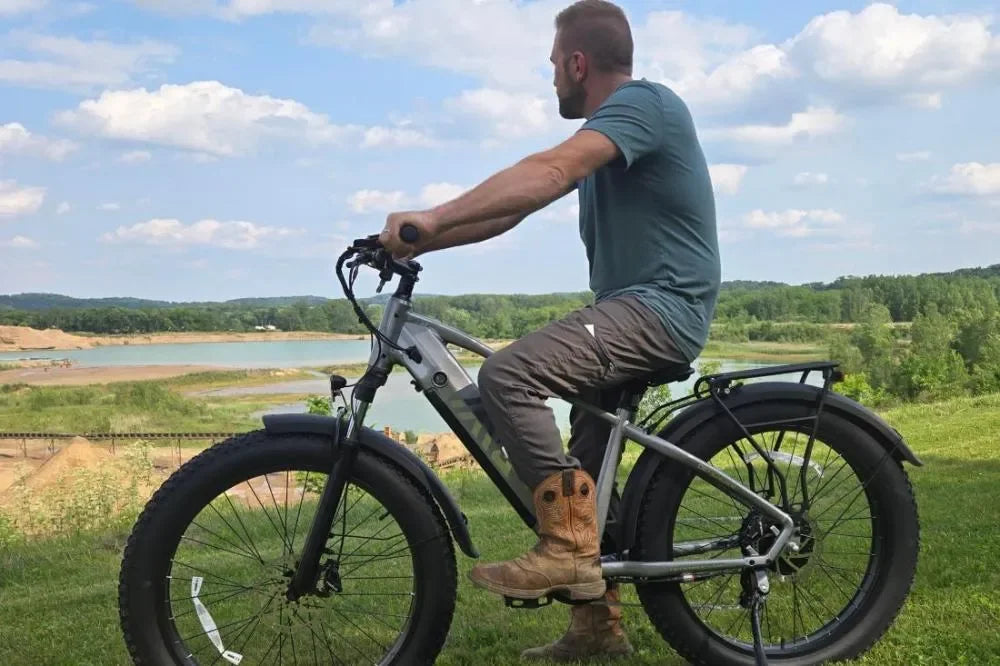
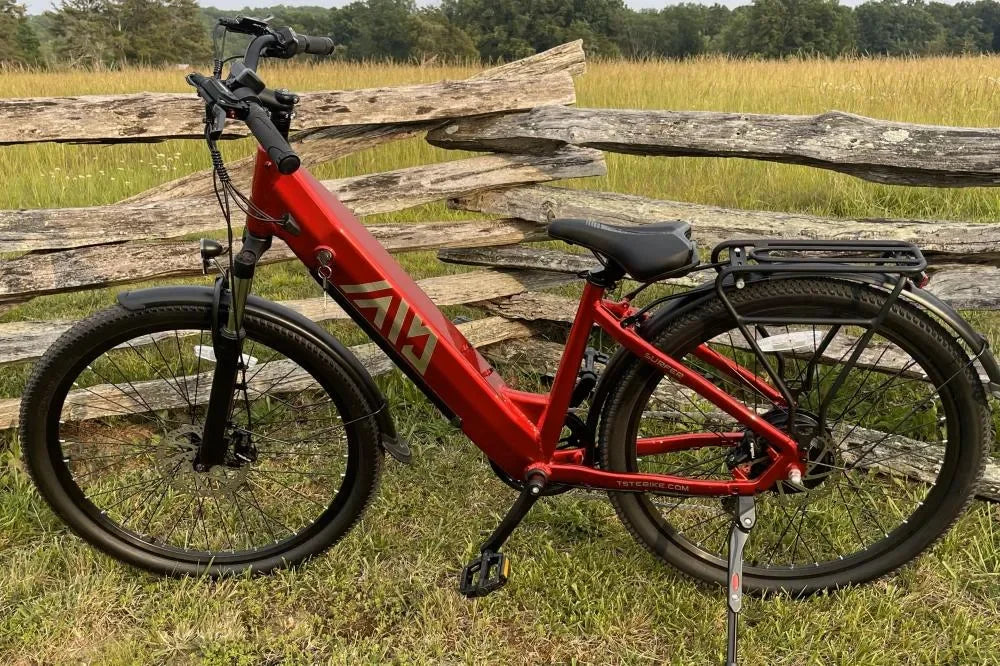
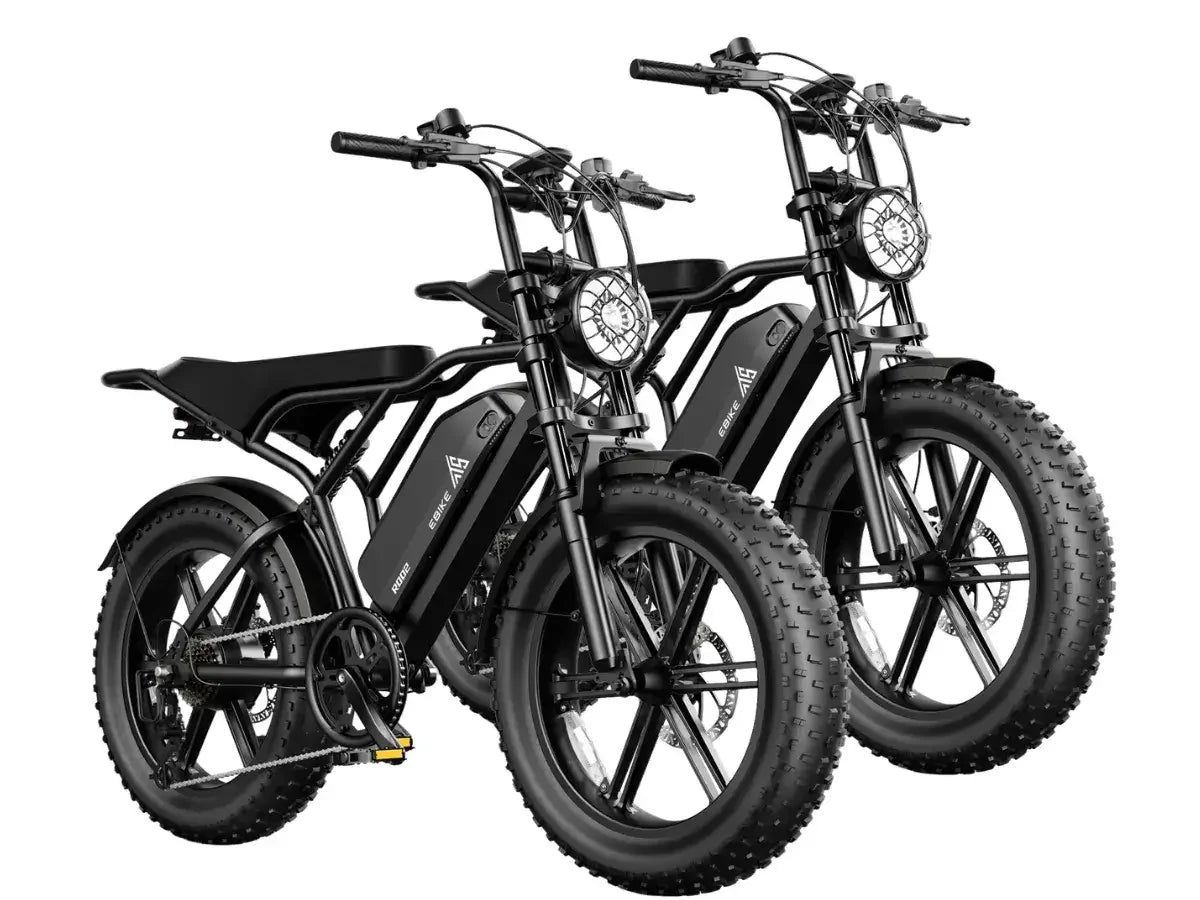
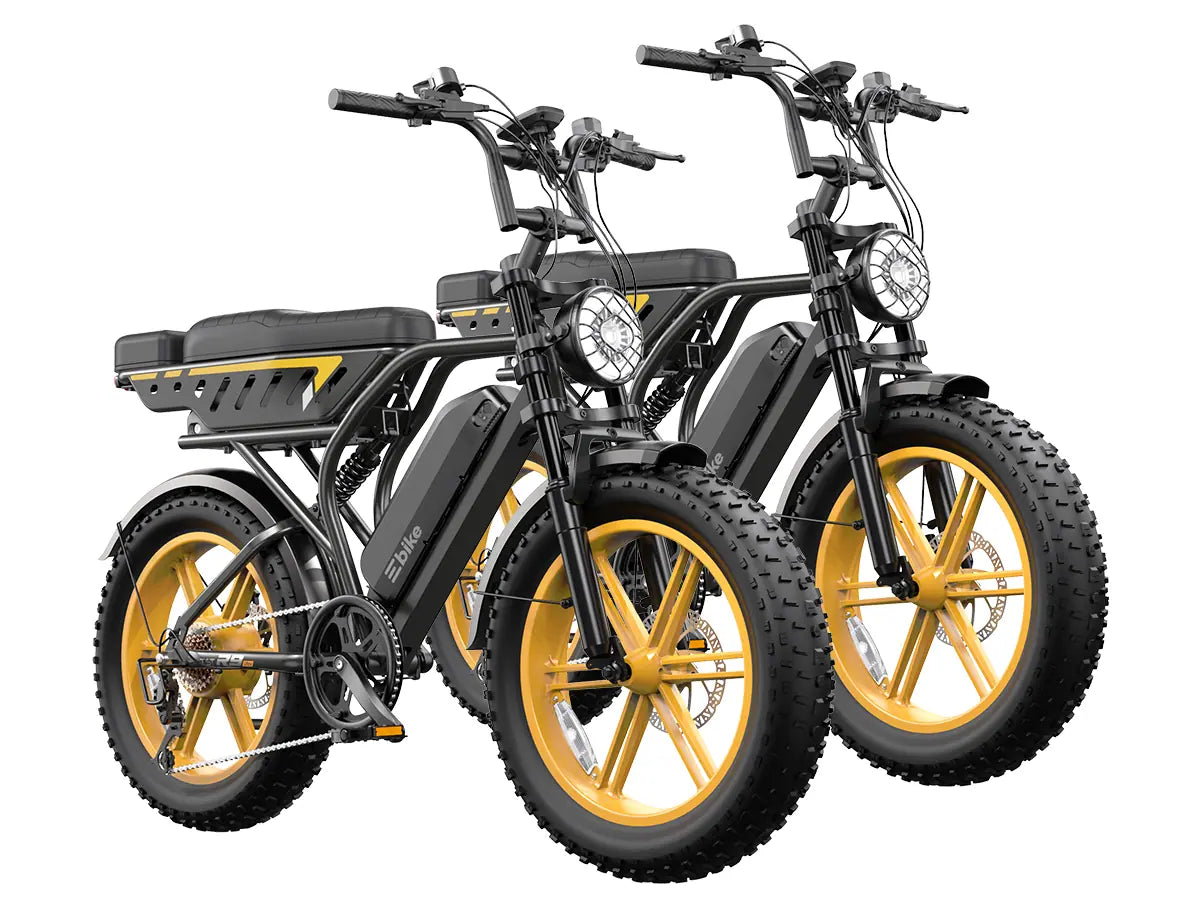
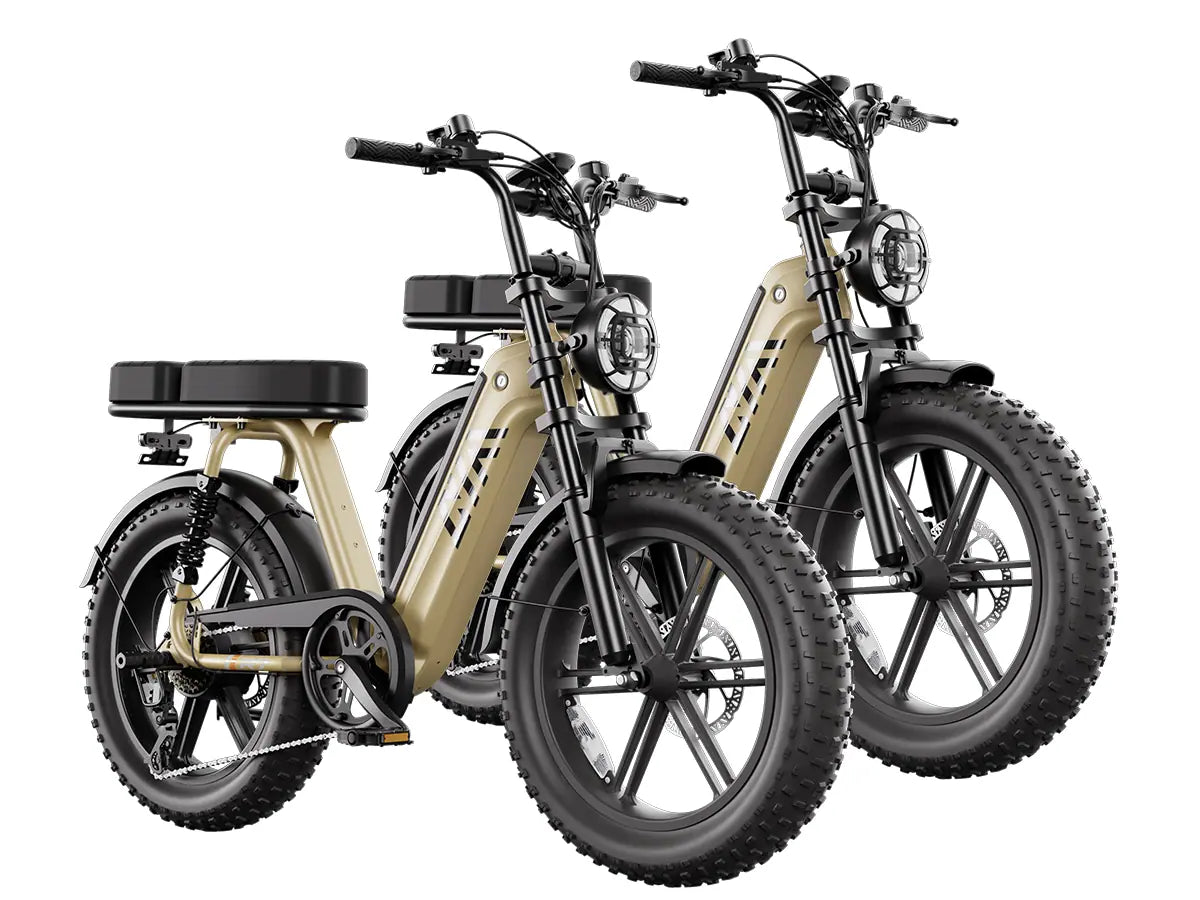
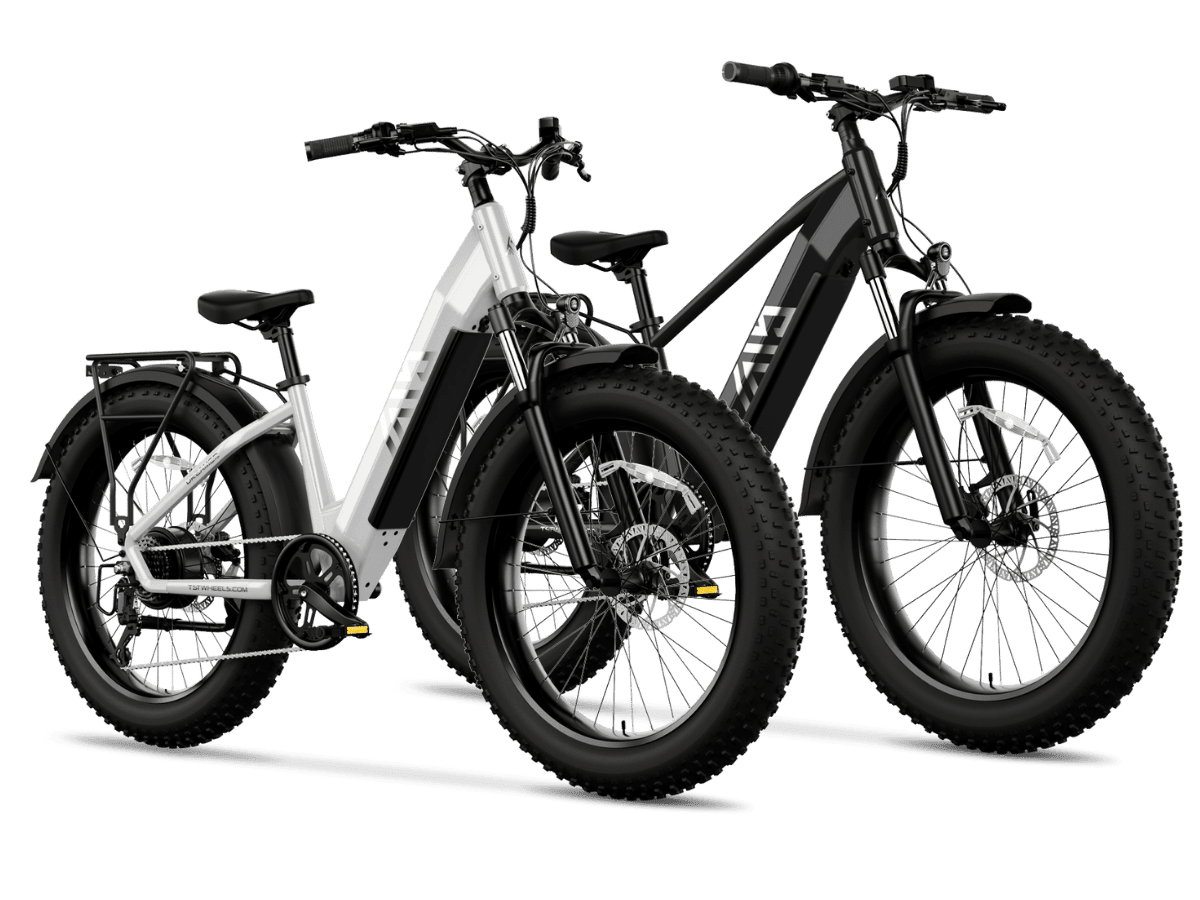
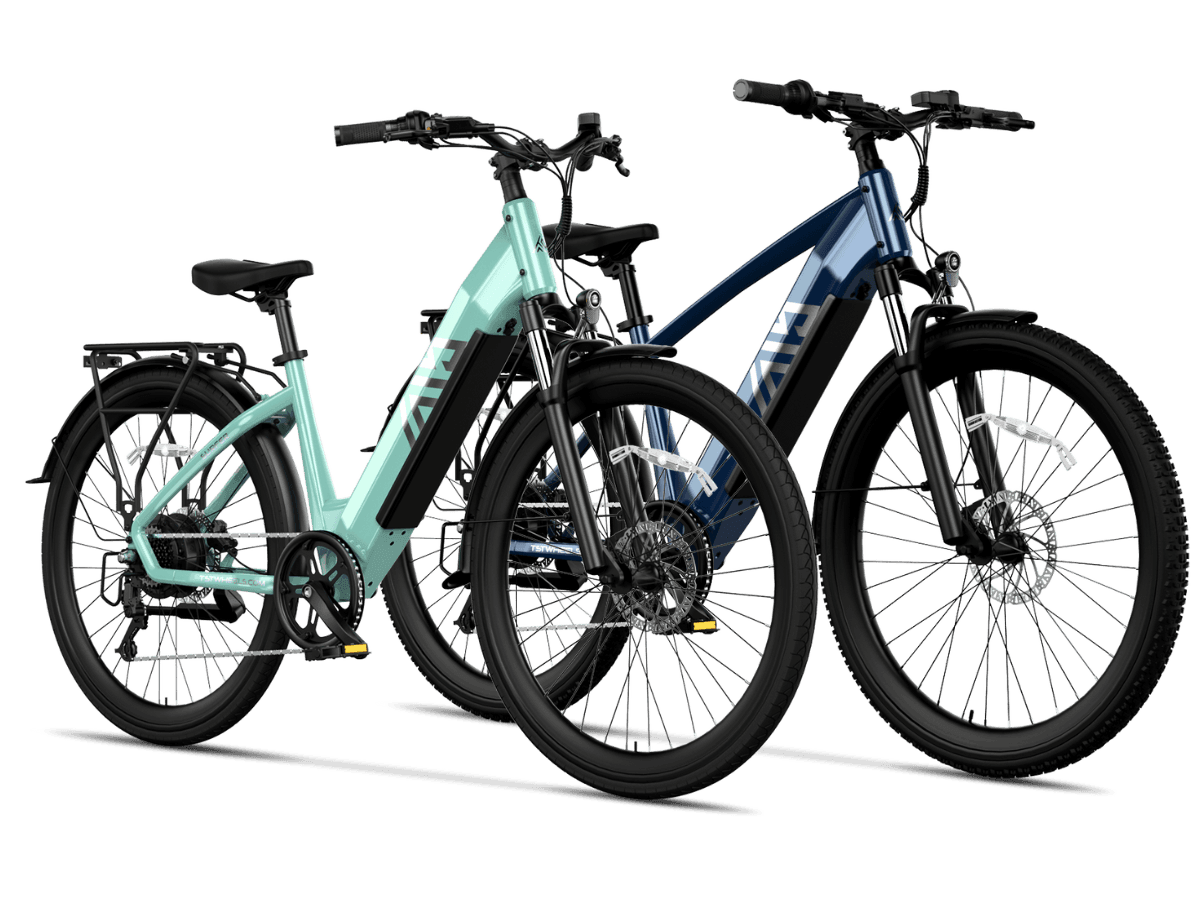
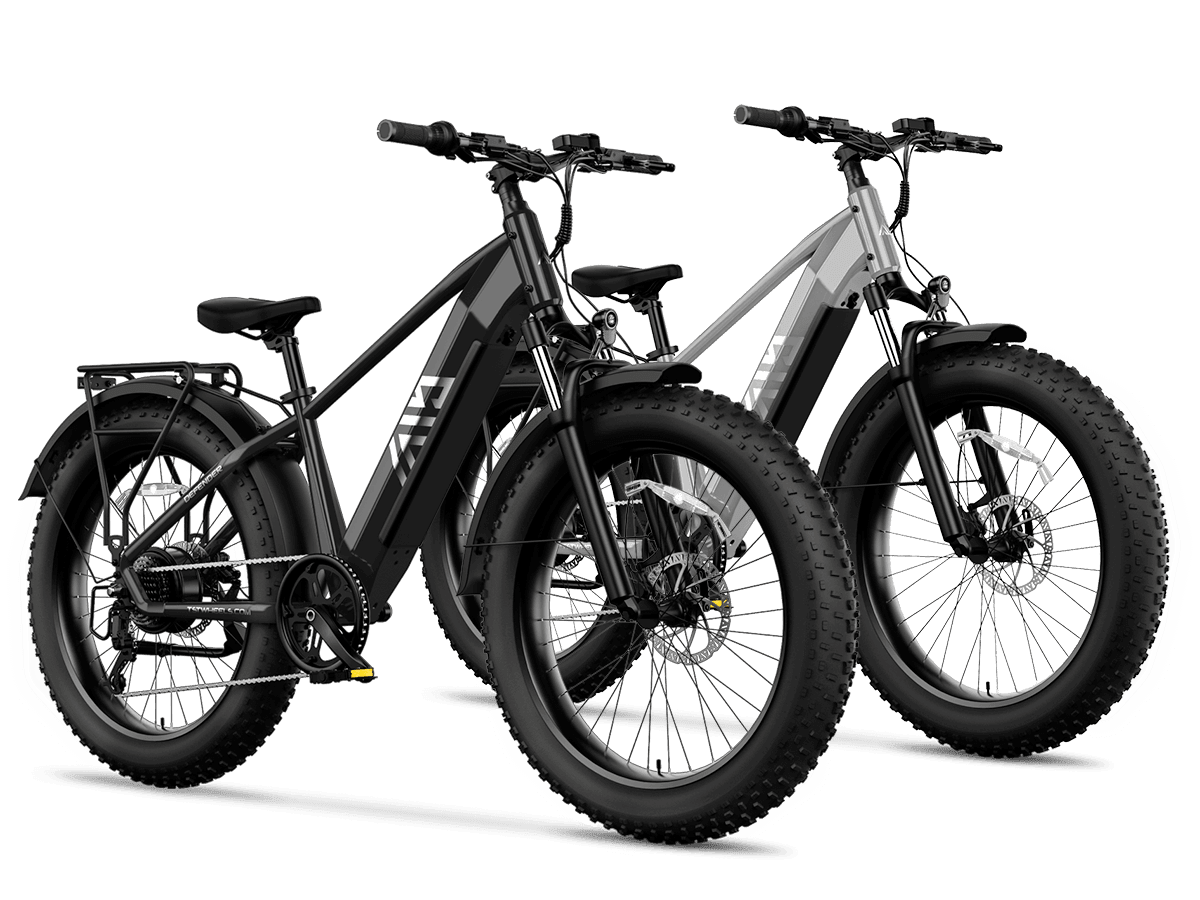
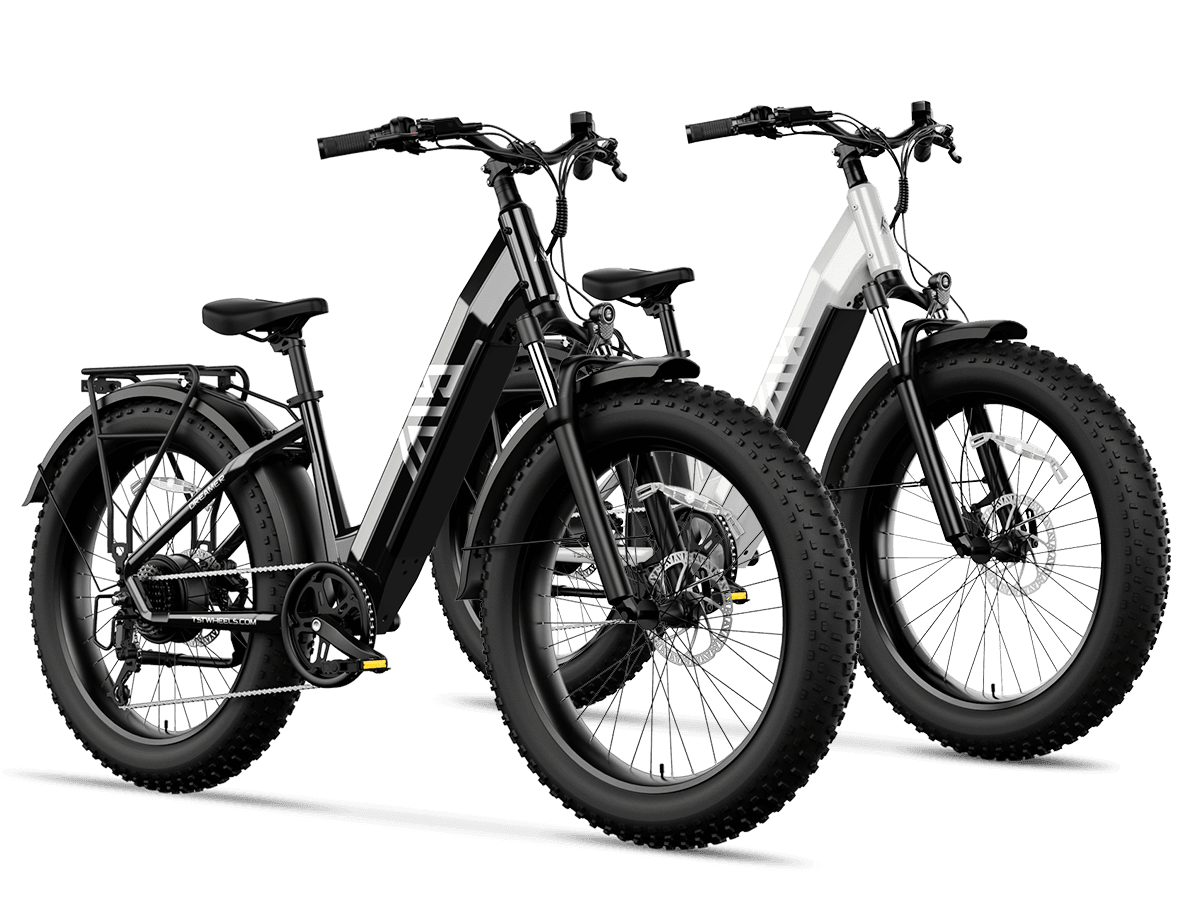
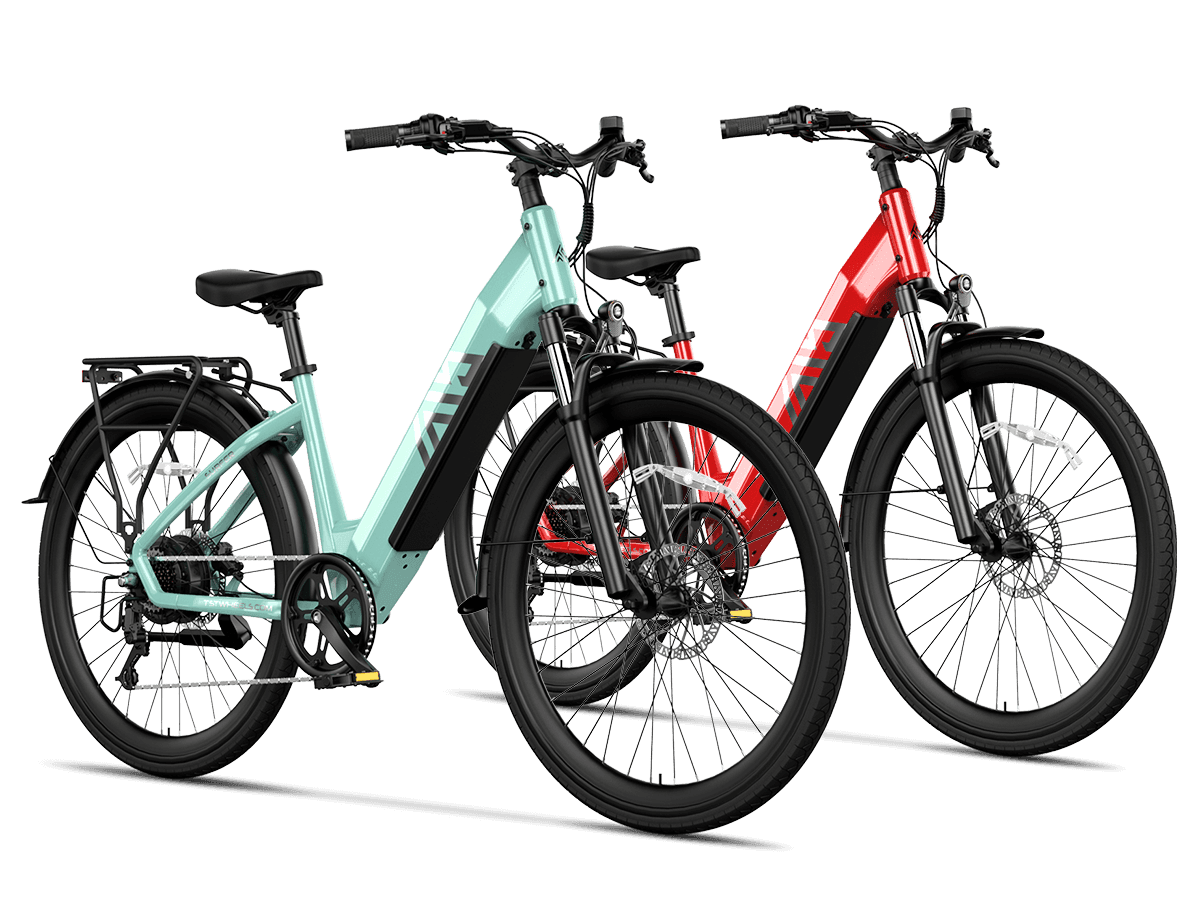
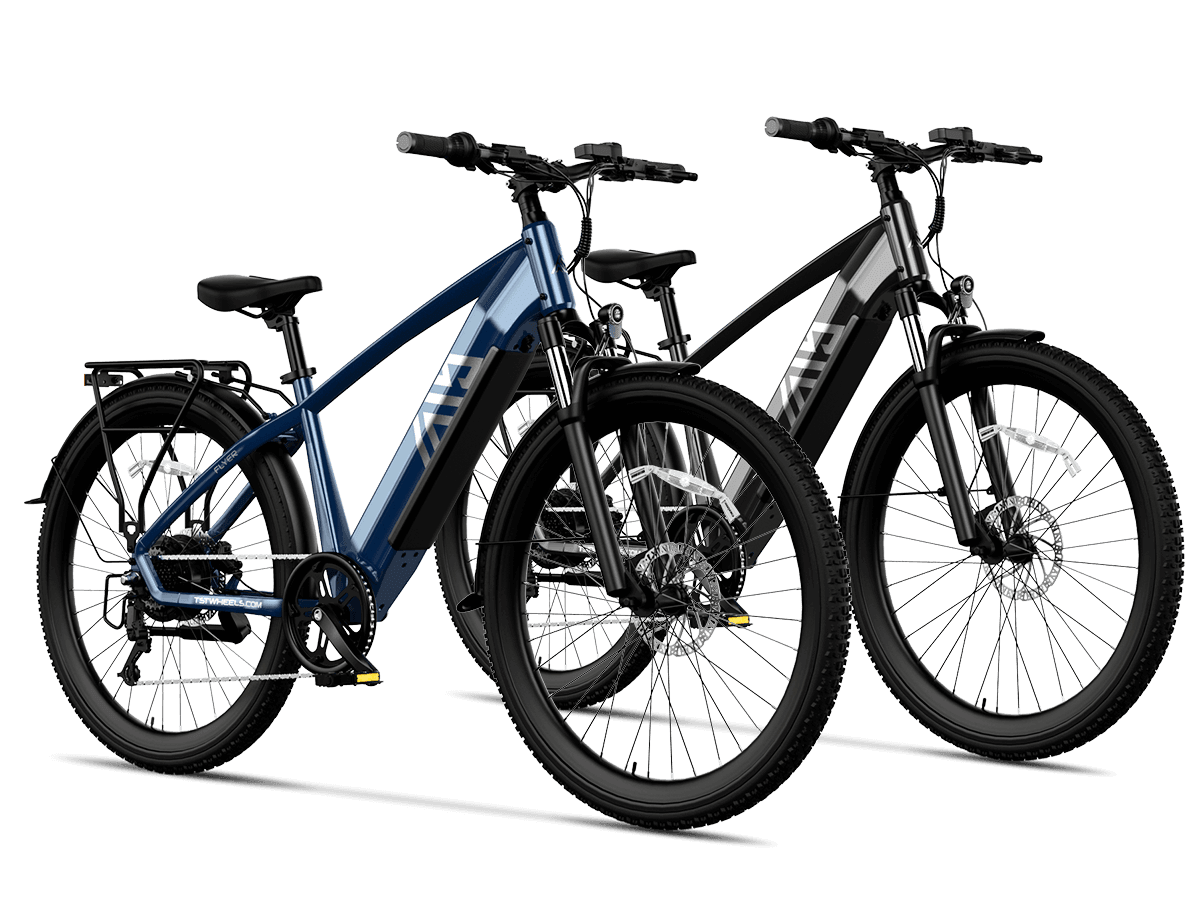
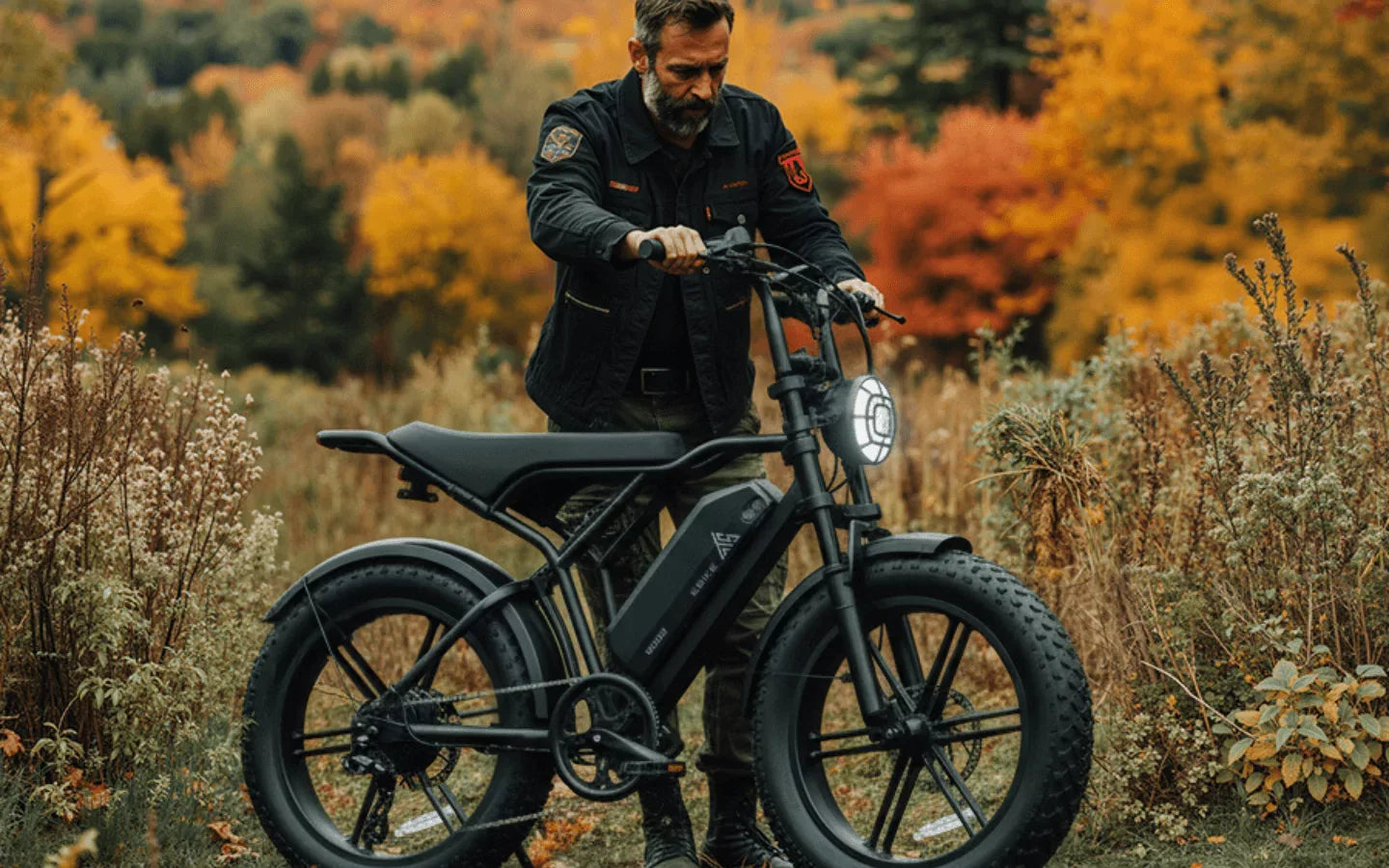
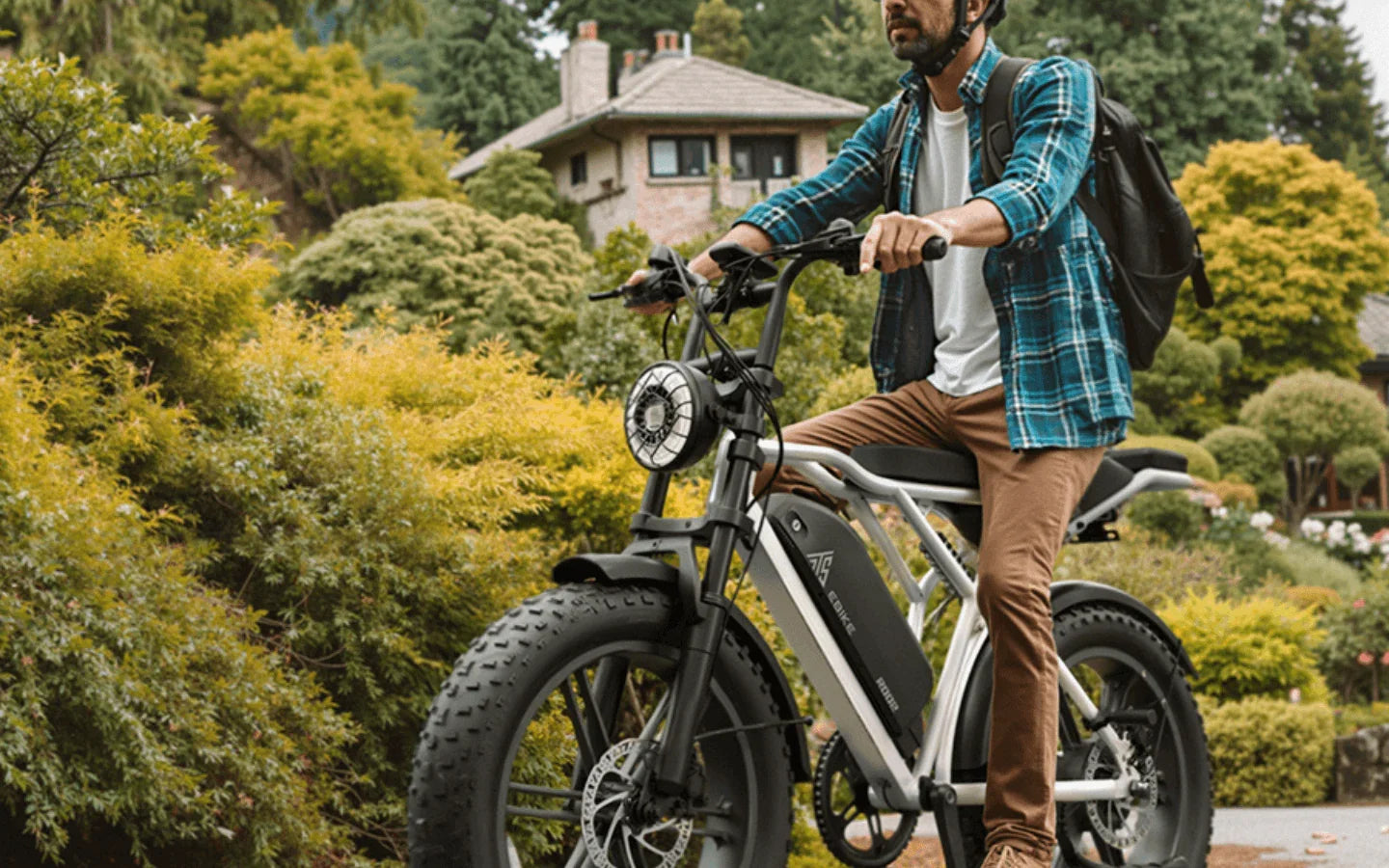
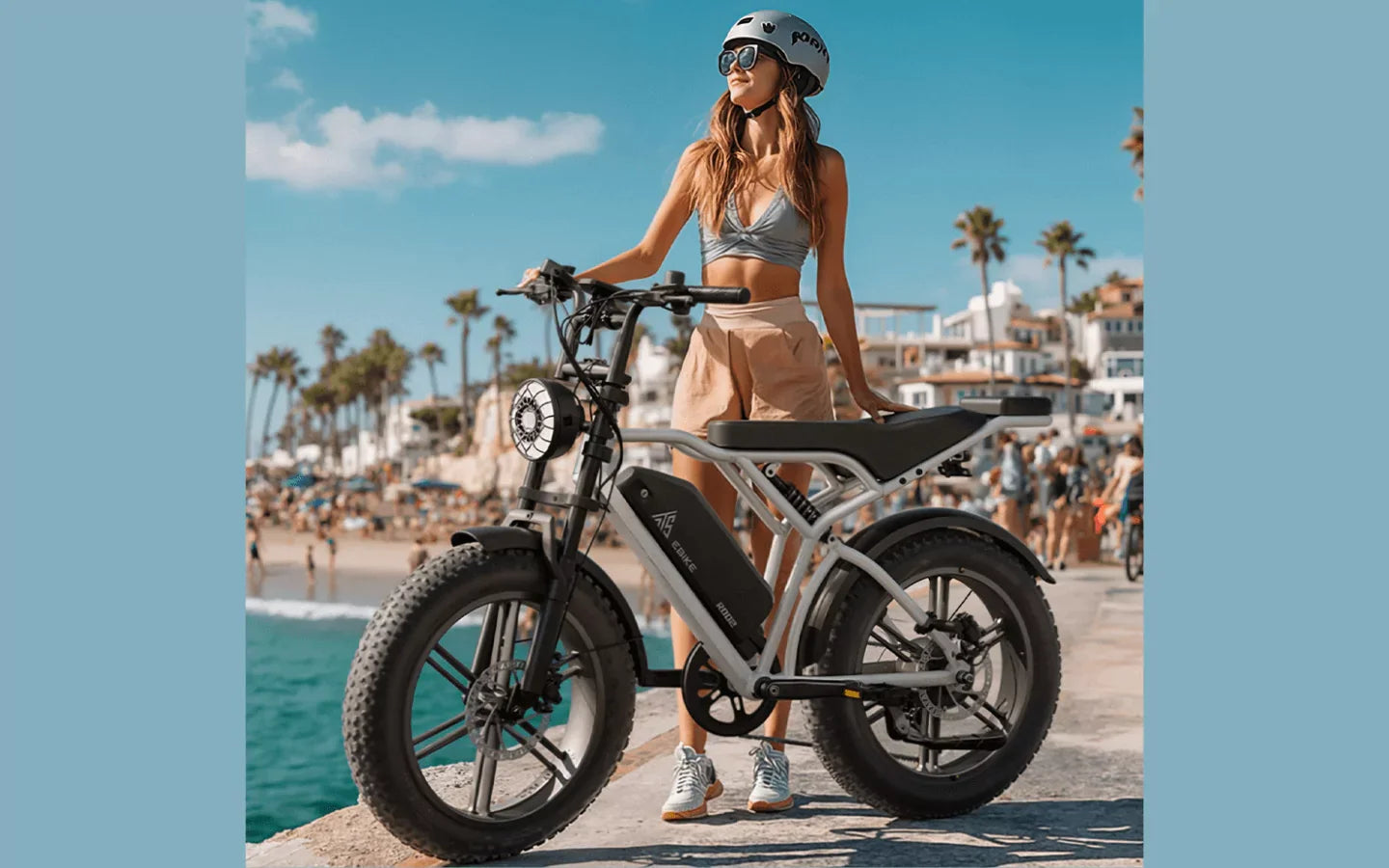
Leave a comment
This site is protected by hCaptcha and the hCaptcha Privacy Policy and Terms of Service apply.